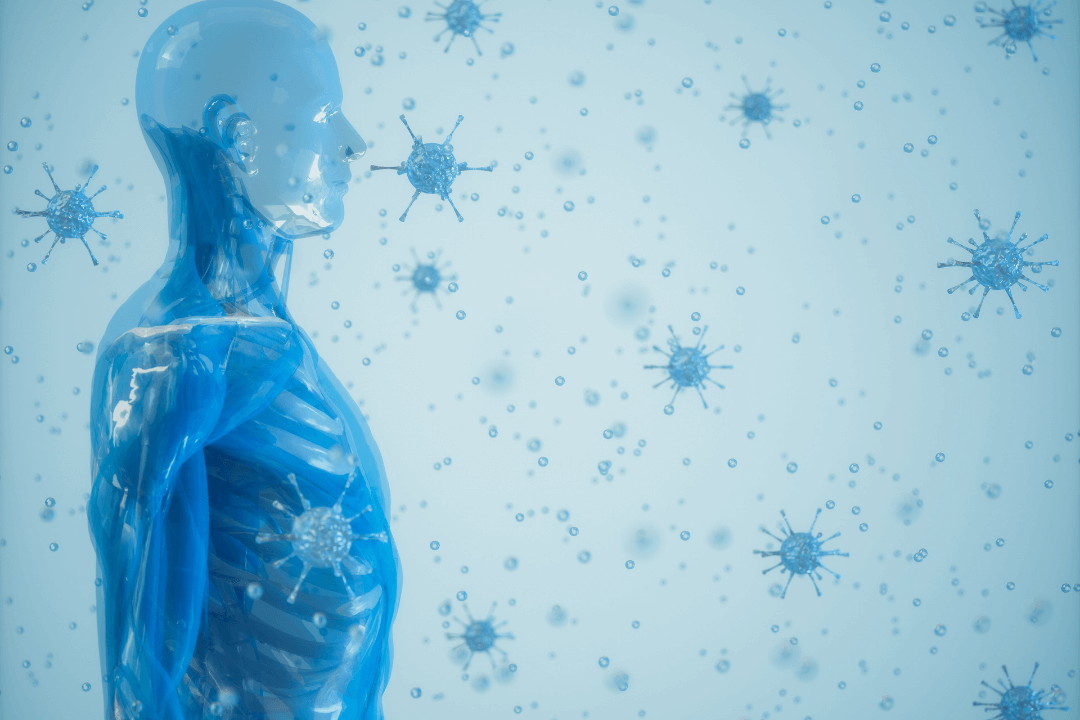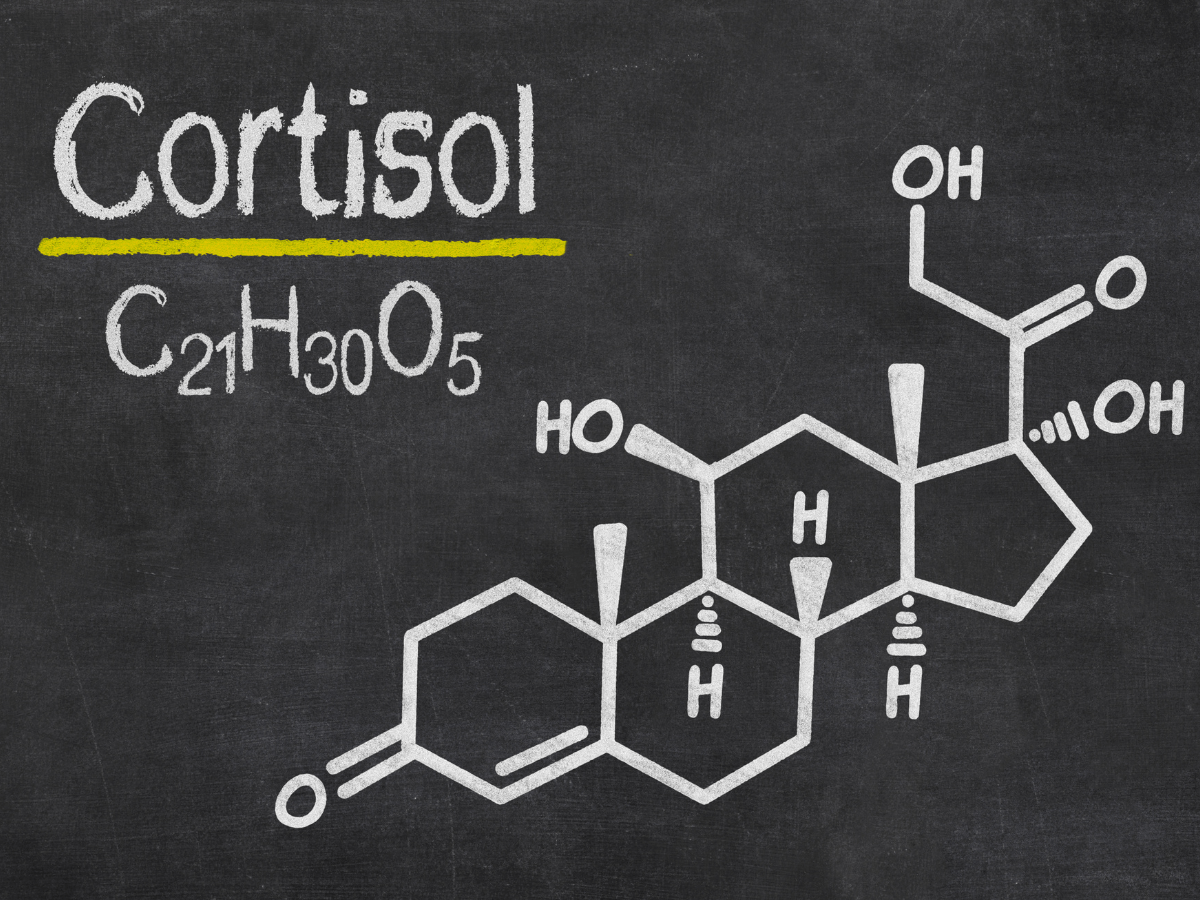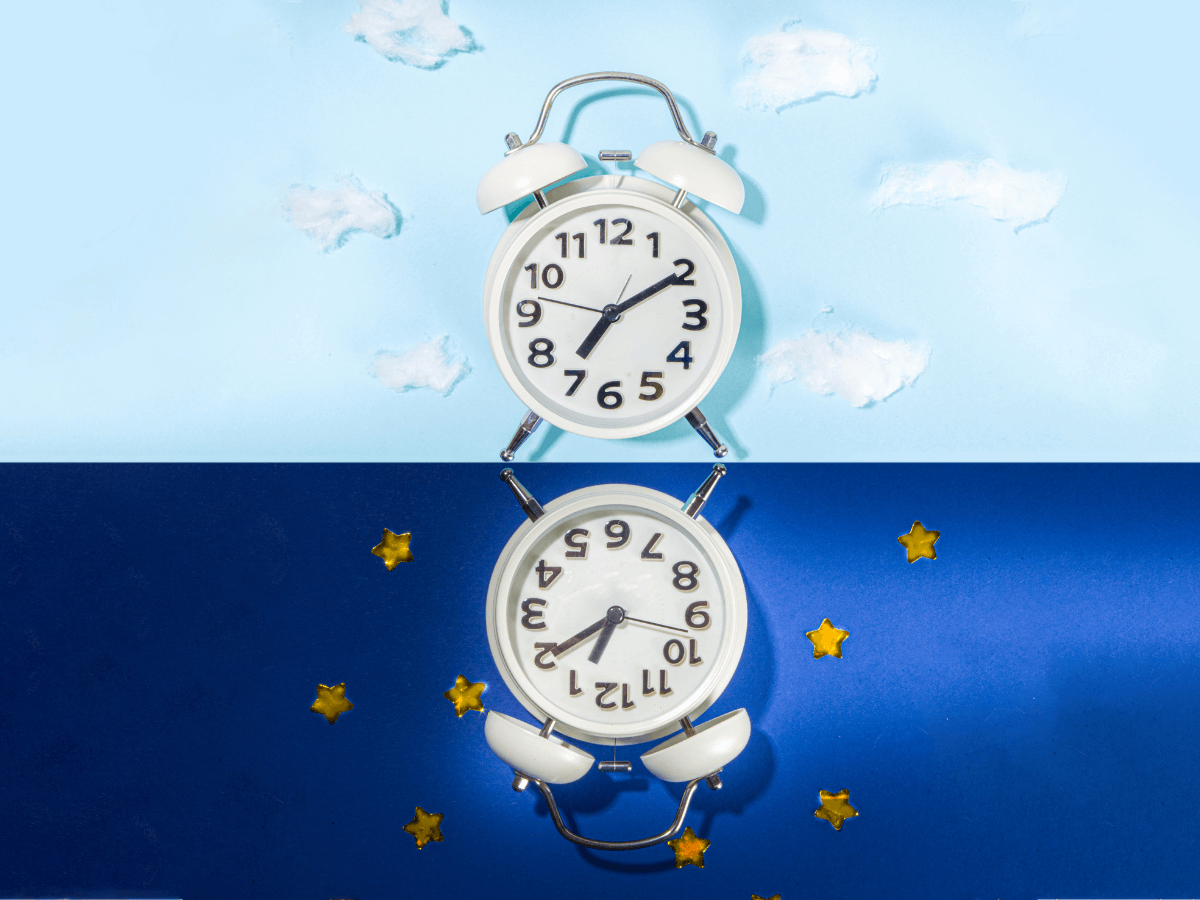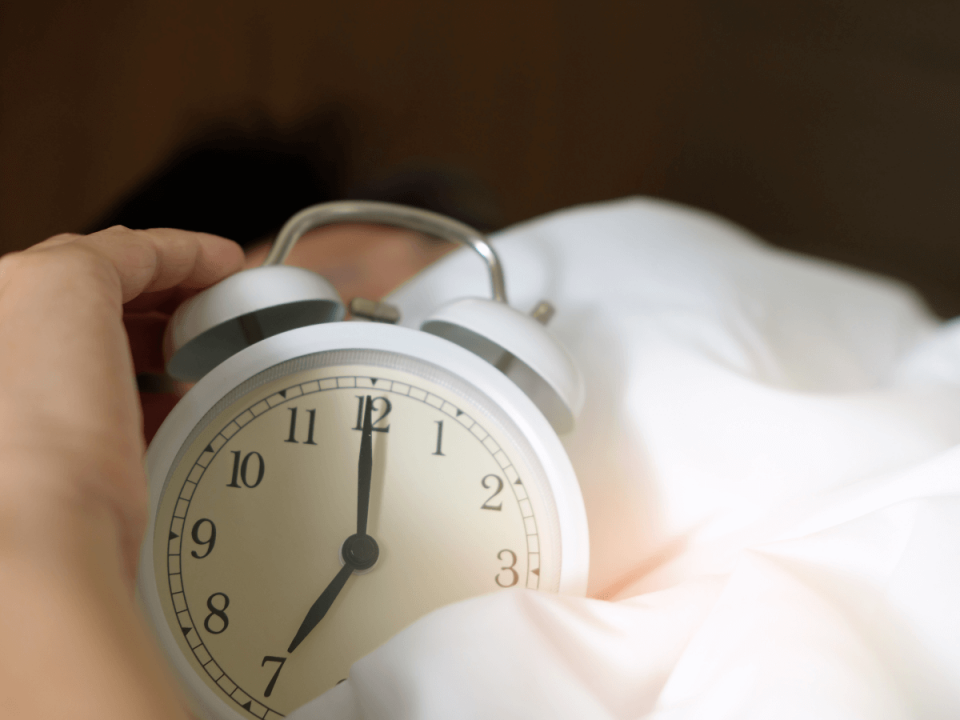Most individuals understand that obtaining 8 hours of sleep every night is critical for good health. But what does our body accomplish when we sleep to ensure our well-being? When many sleep mechanisms remain unknown, research has discovered that our bodies perform these ten critical activities while we sleep.
Sleep is into 2 parts: REM (rapid eye movement) sleep and NREM (non-rapid eye movement) sleep. When we begin to sleep, we enter NREM sleep, which accounts for around 75% of the night. REM sleep occurs 90 minutes after you fall asleep after NREM sleep. This rhythm repeats itself every 90 minutes, with REM sleep increasing in duration during the night. In both REM and NREM sleep, the body conducts critical processes.
Table of Contents
Immune System Activity
The body creates more cytokines, a substance that aids the immune system in fighting infection and chronic inflammation when you sleep. Sleep deprivation can impair the body’s immunological response to diseases and immunizations. A good night’s sleep can help your body use its resources to fight illness more efficiently.

Your muscles become paralyzed
You alternate between non-rapid eye movement (NREM) and rapid eye movement (REM) when sleeping. REM sleep is when we get the most realistic dreams. Your muscles are immobilized during this period, so you cannot move. Some experts believe this is because you are not physically acting in your dreams.
Cortisol
Cortisol, like melatonin, has a circadian cycle. It is commonly referred to as the stress hormone since it rises in reaction to stress. Changes in circadian rhythm and sleep schedule can influence cortisol activity. Cortisol stimulates the creation of glucose from protein, which aids in the maintenance of normal blood sugar levels. It is especially beneficial during sleeping. Cortisol increases the glucose availability for the body to consume for energy and repair throughout the night while the body is fasting.

Urinary Control
Have you ever been puzzled why you have to pee every two hours during the day yet can sleep for eight hours without having to pee? ADH, an antidiuretic hormone secreted by the brain in a circadian cycle, prevents frequent urination throughout the night.
Circadian Rhythms
The hypothalamus, or internal clock, is found in every human brain. Circadian cycles impact various functions, including digestion, body temperature, and sleep. The normal circadian rhythm of humans follows a roughly 24-hour, which has profound consequences on our capacity to sleep.

Melatonin
Melatonin is the sleep hormone. It is produced by the pineal gland in response to circadian rhythms and serotonin availability. Melatonin synthesis increases as it becomes dark, naturally making us tired. Melatonin production is low to promote alertness; nevertheless, there is a rise in the afternoon, which might explain the overall daytime drowsiness.
In general, getting enough restful sleep is essential for overall health. Moreover, having a bedtime is good for your body. Getting adequate sleep also aids in the maintenance of a positive attitude and memory. Inadequate sleep has been linked to a variety of chronic illnesses. So try to consult your doctor about your sleeping habits, and improve them for better health!
Read More:
